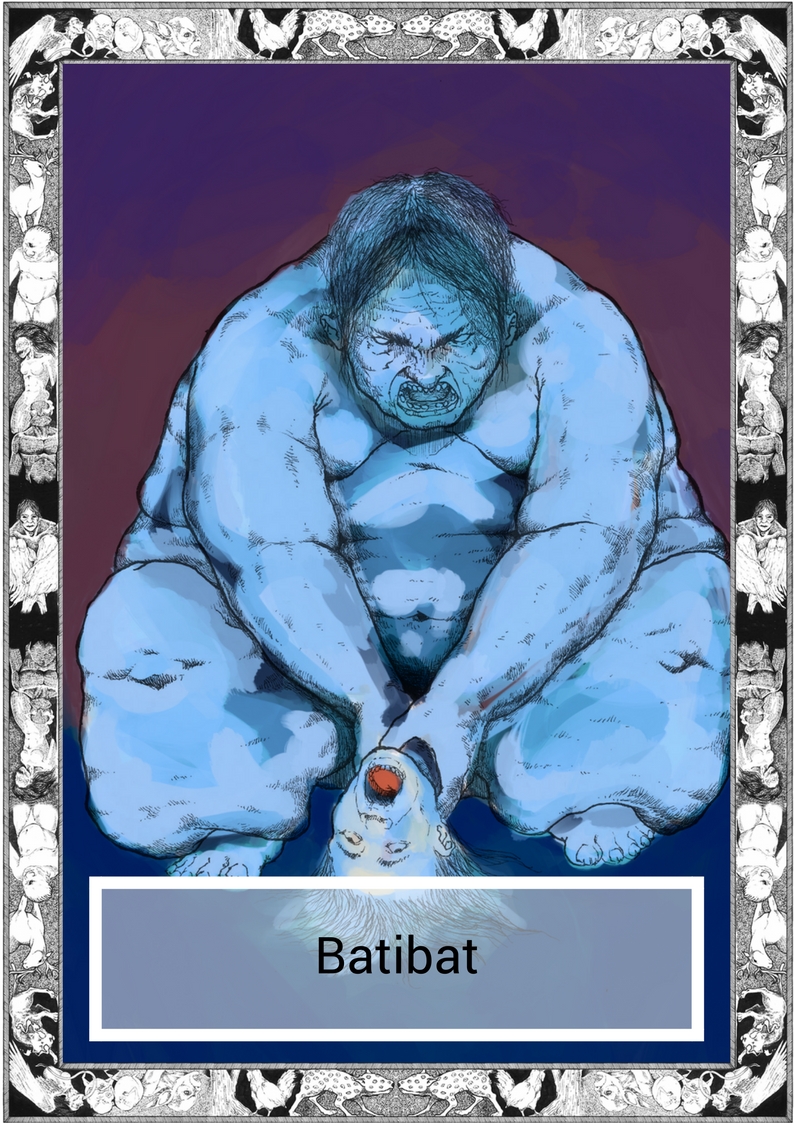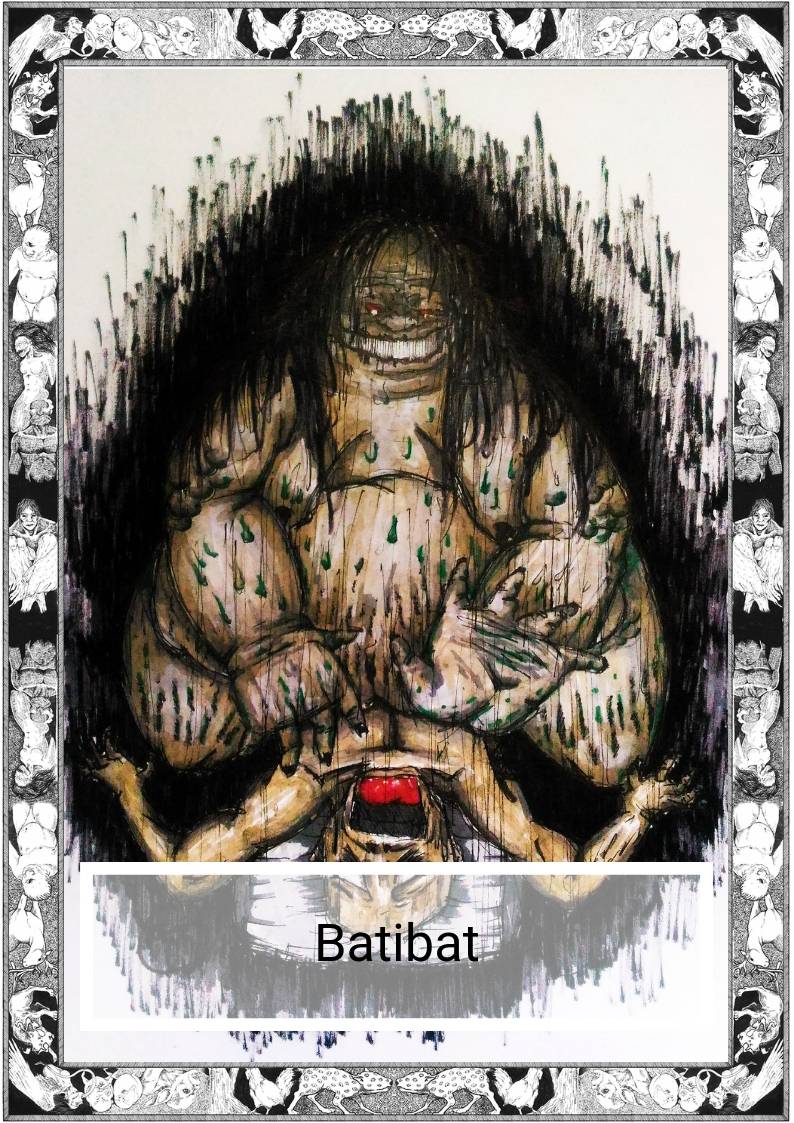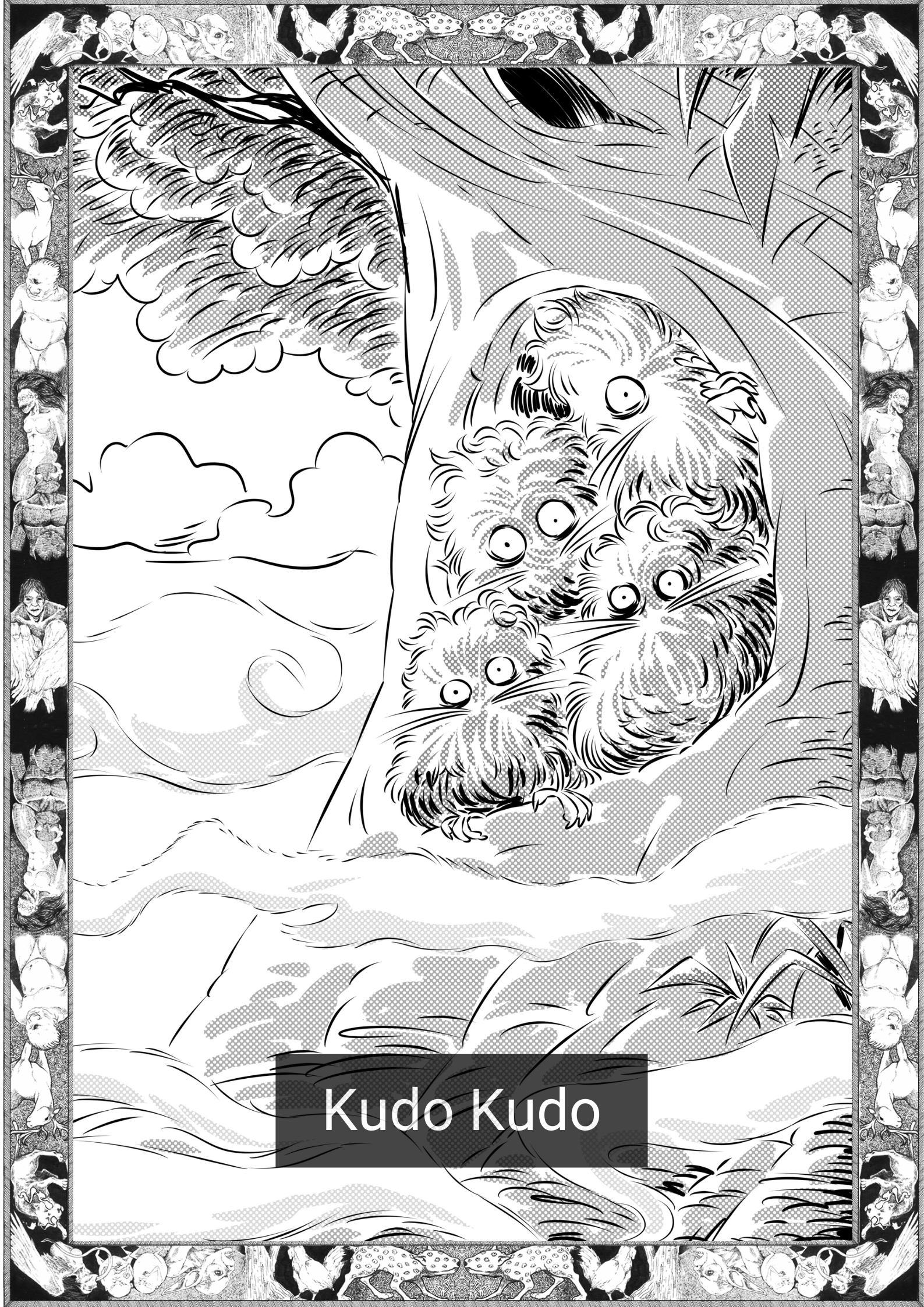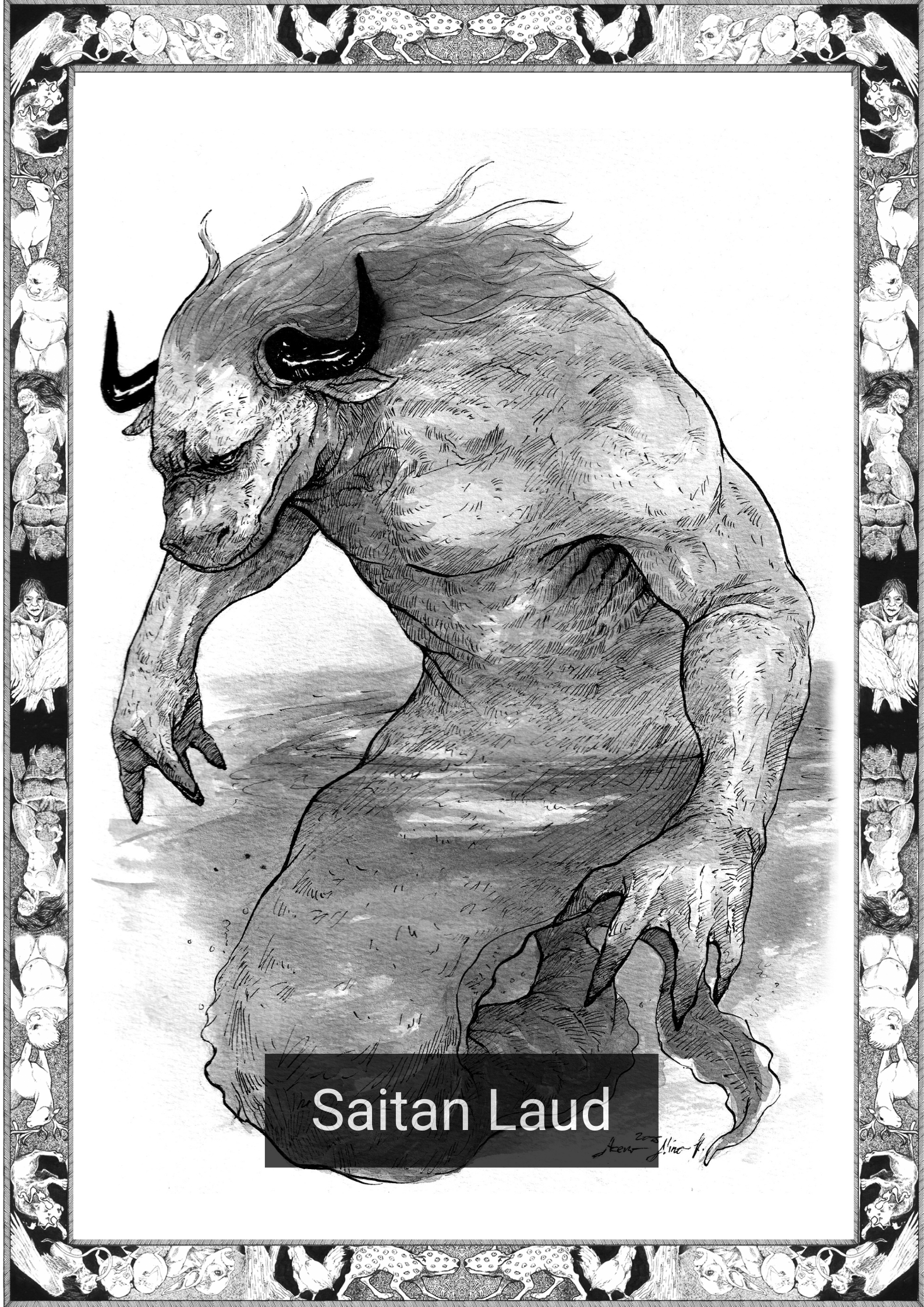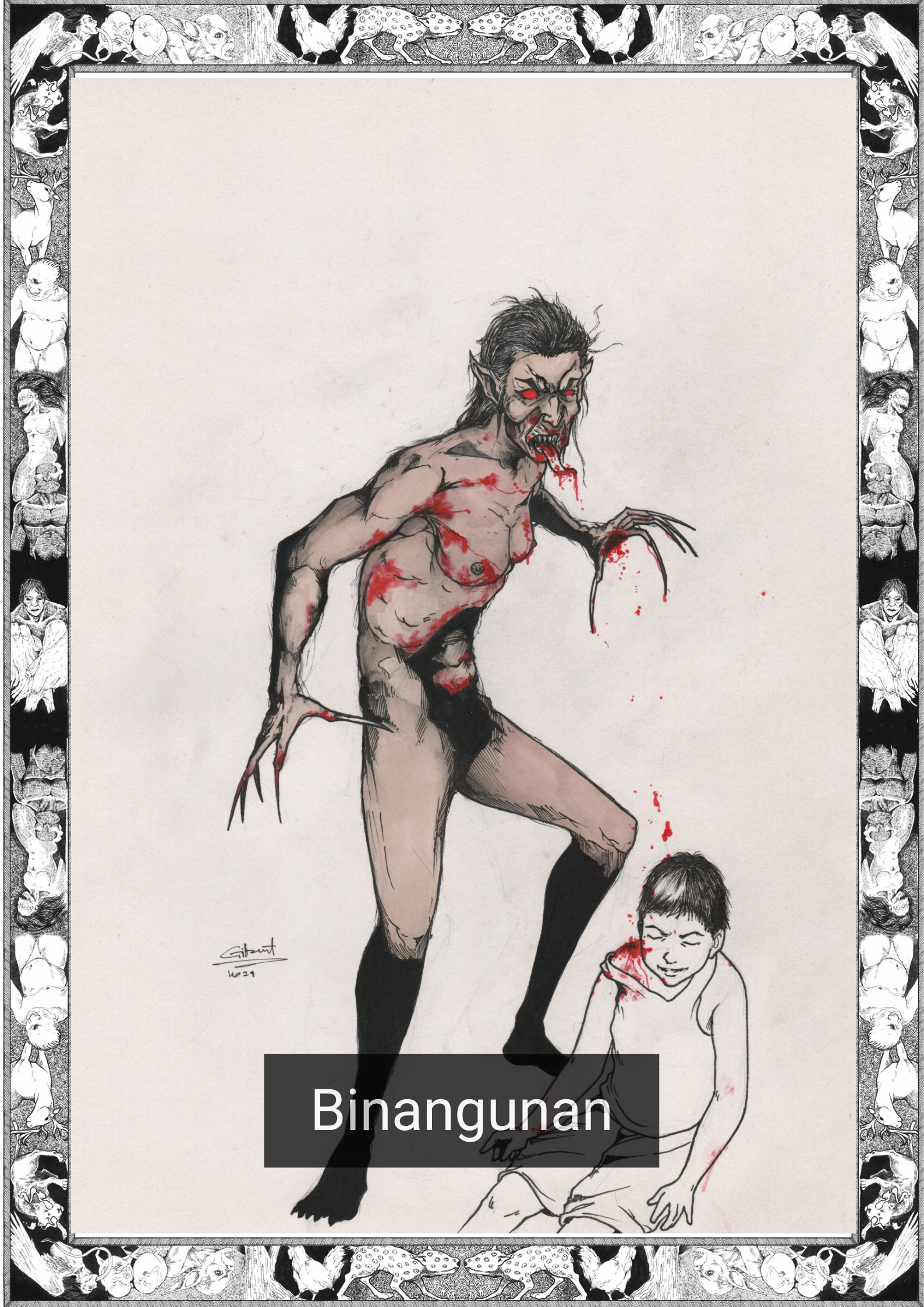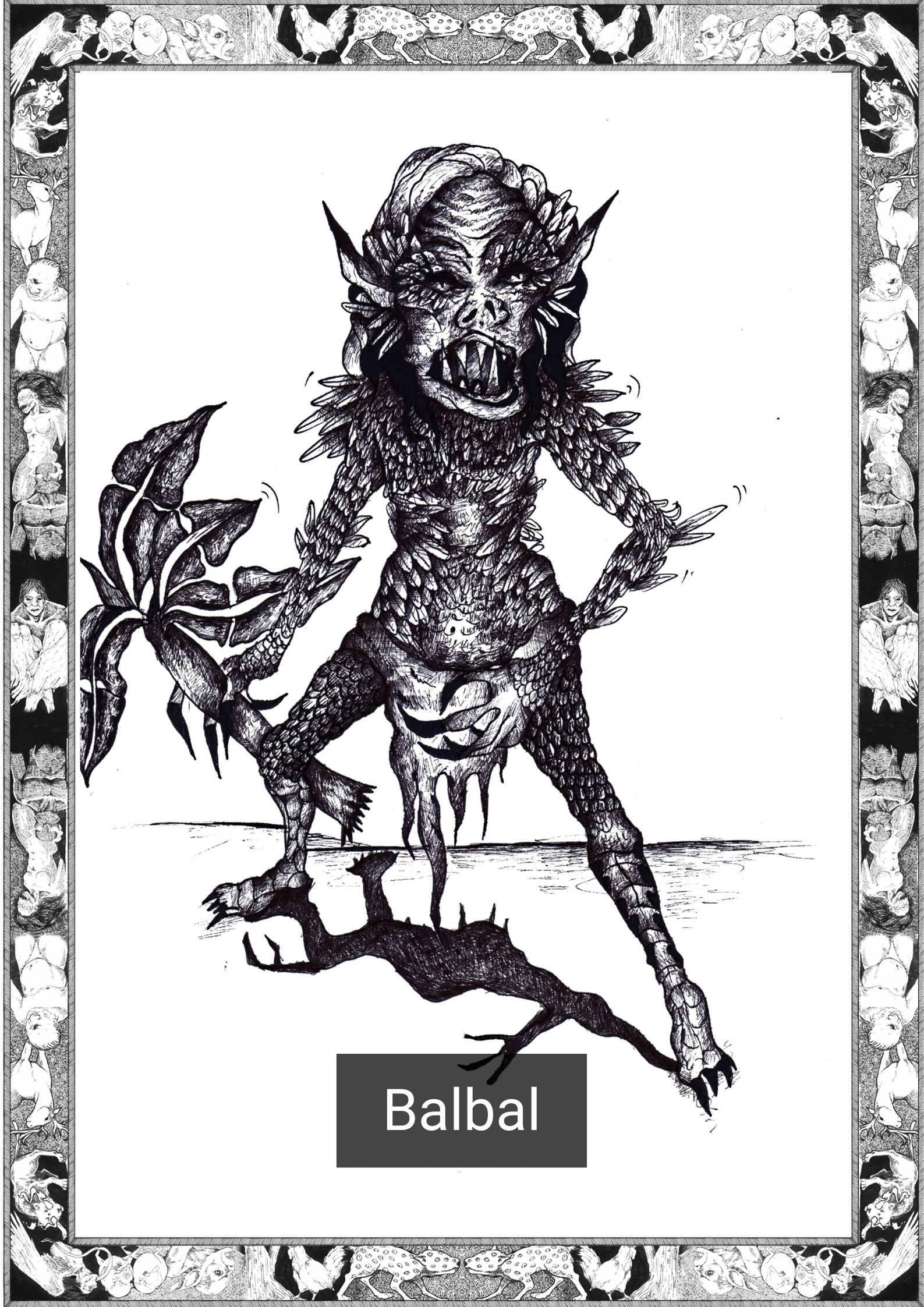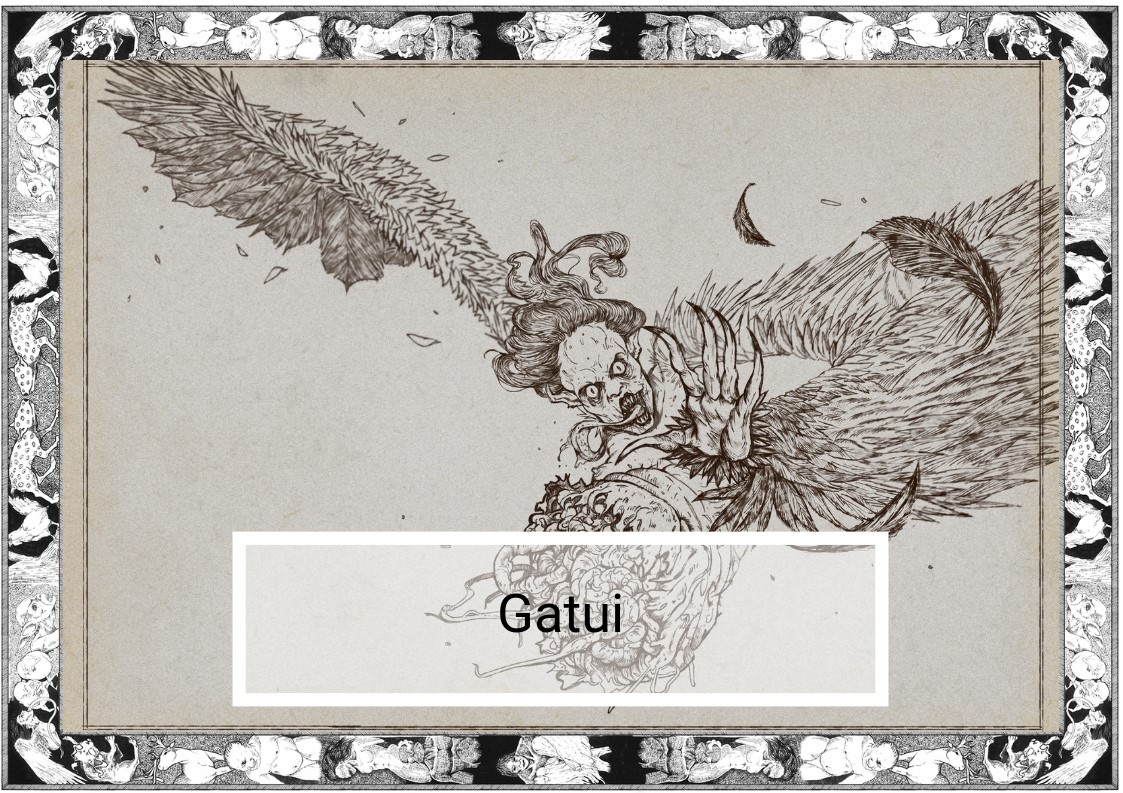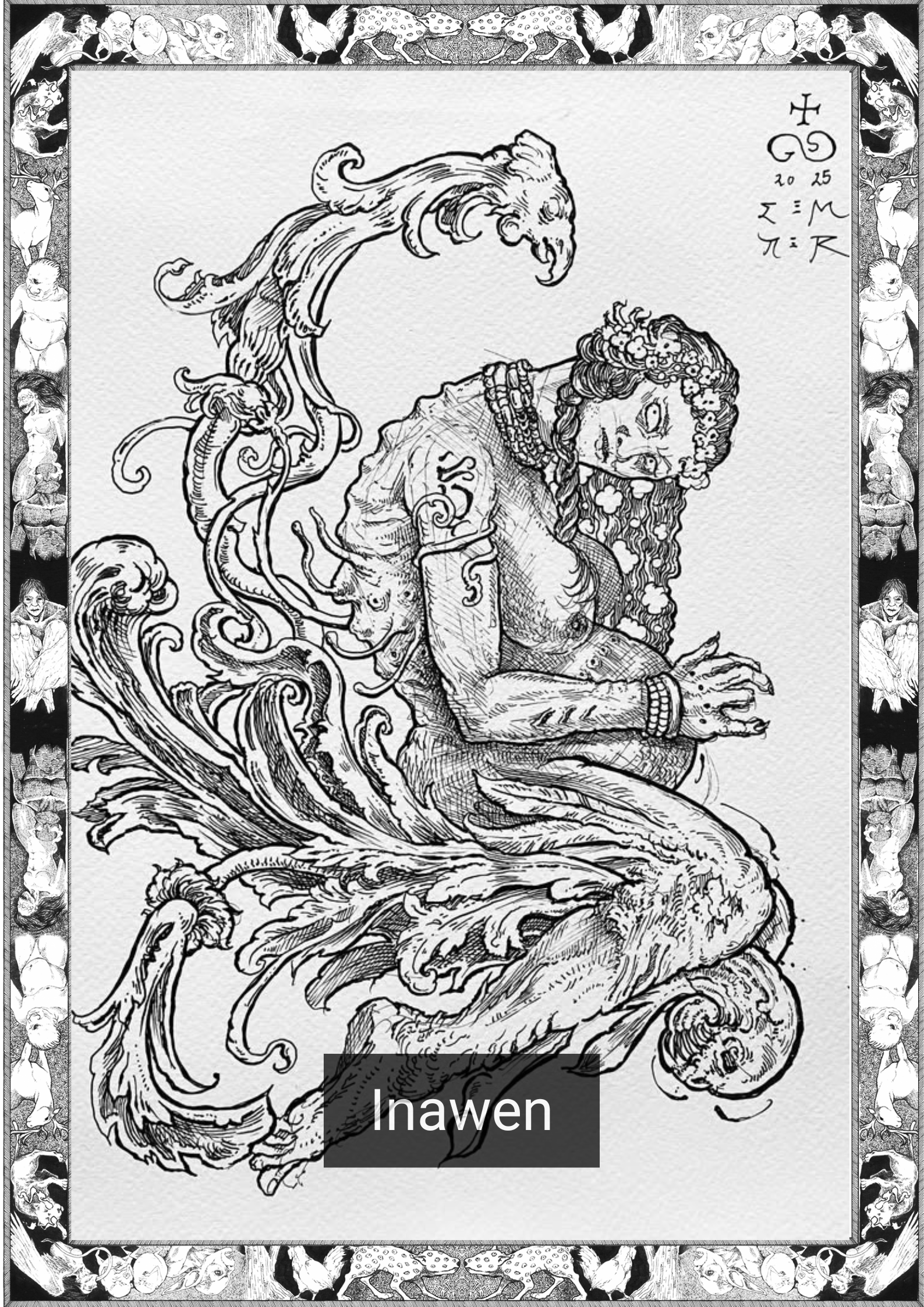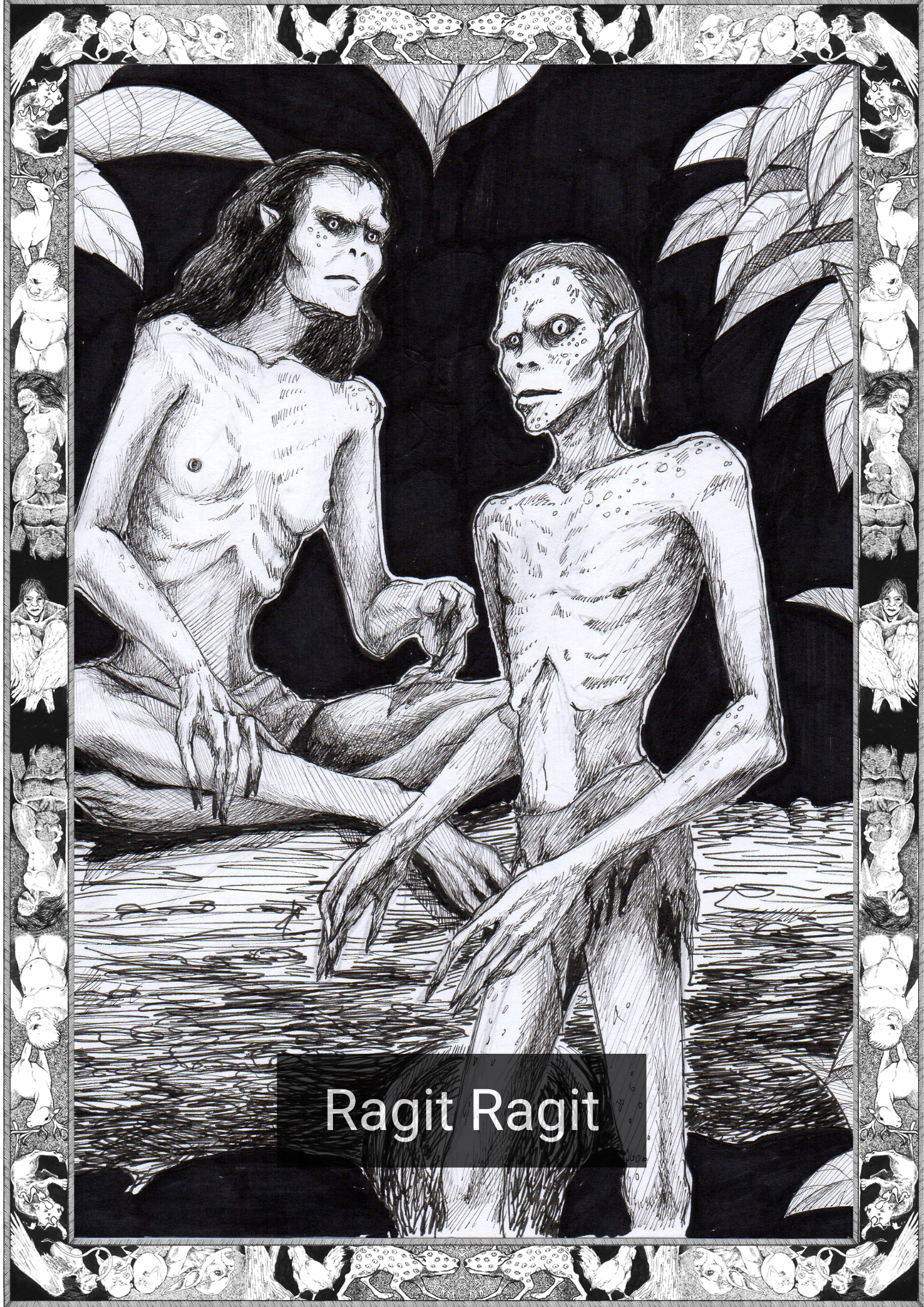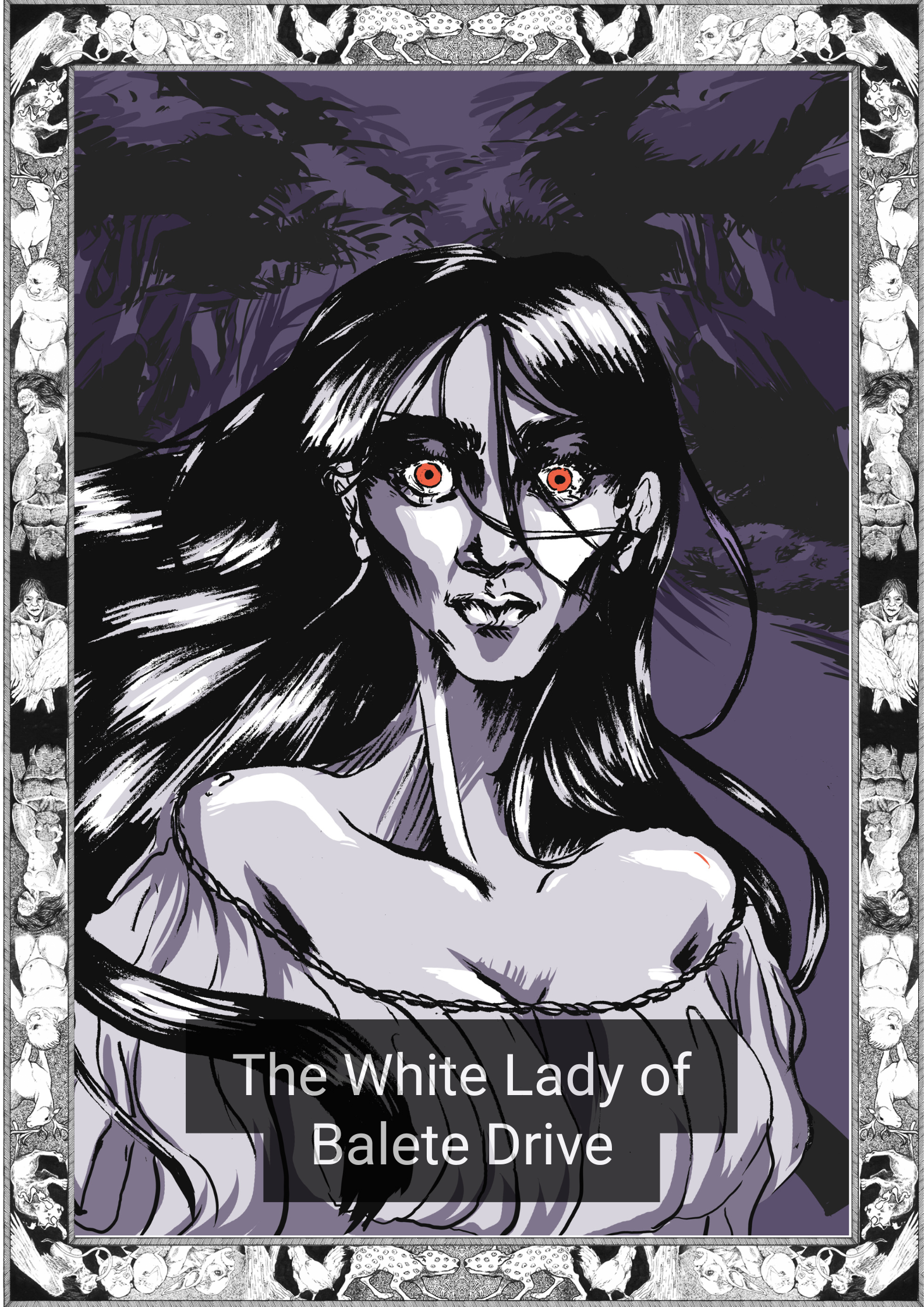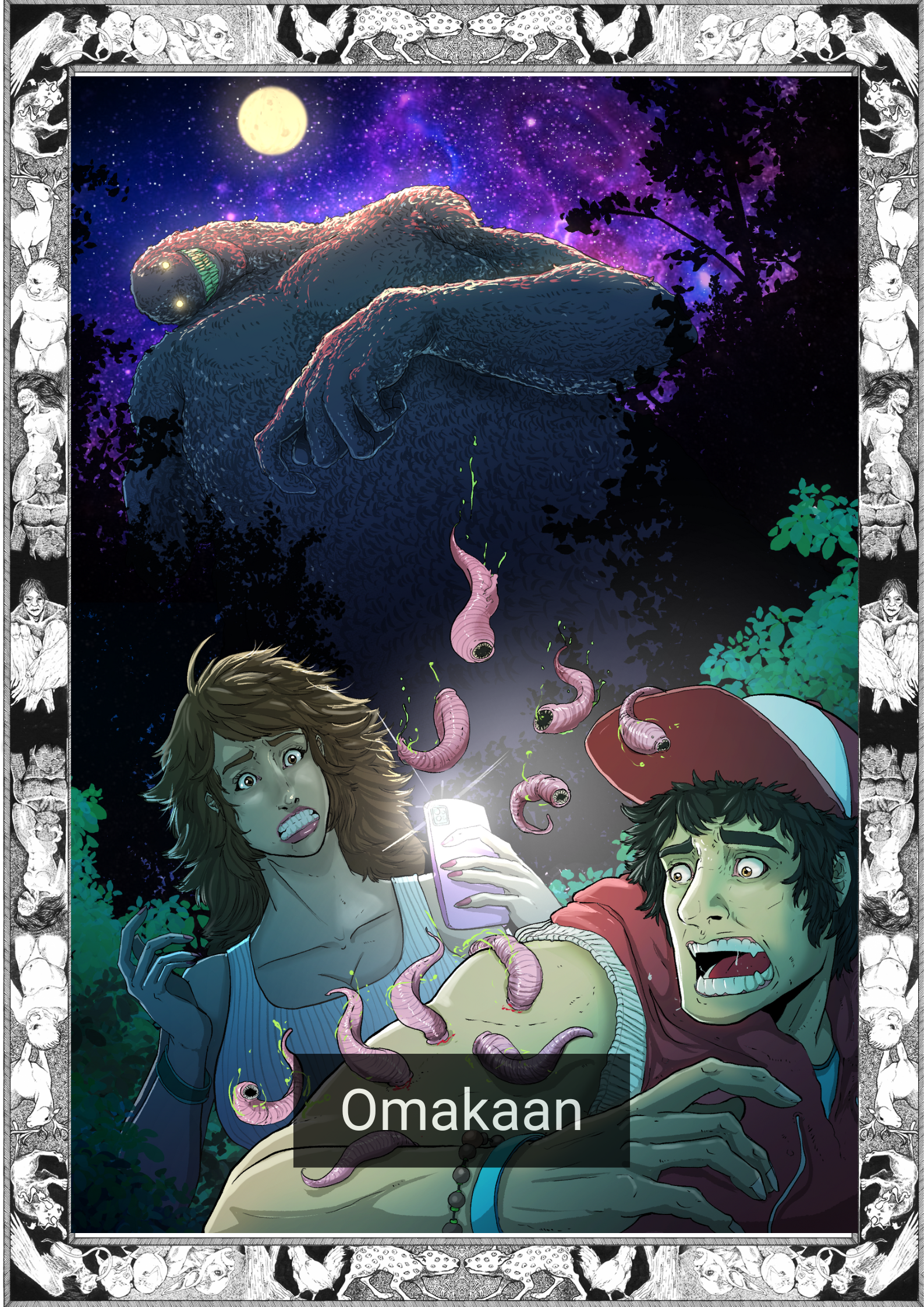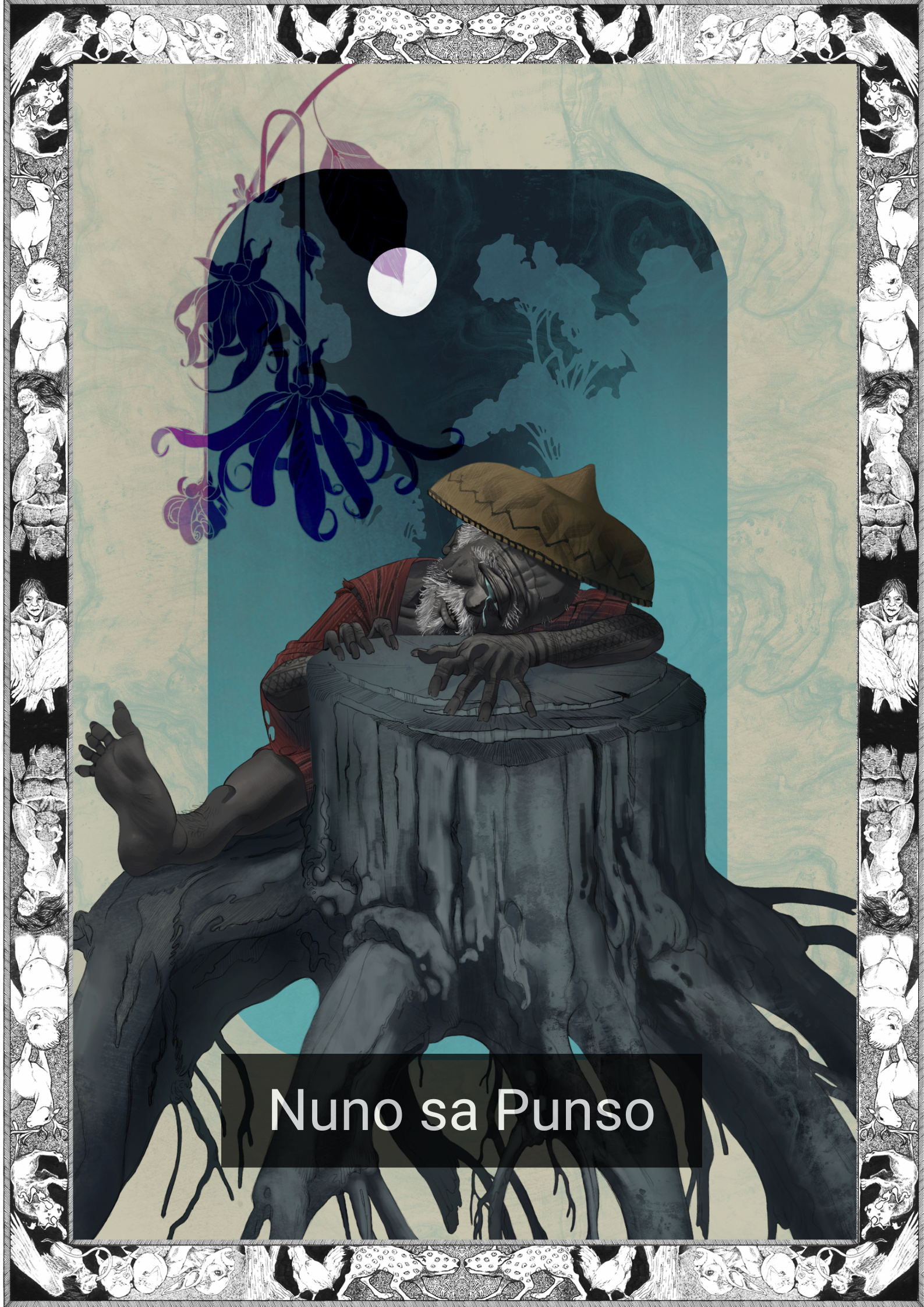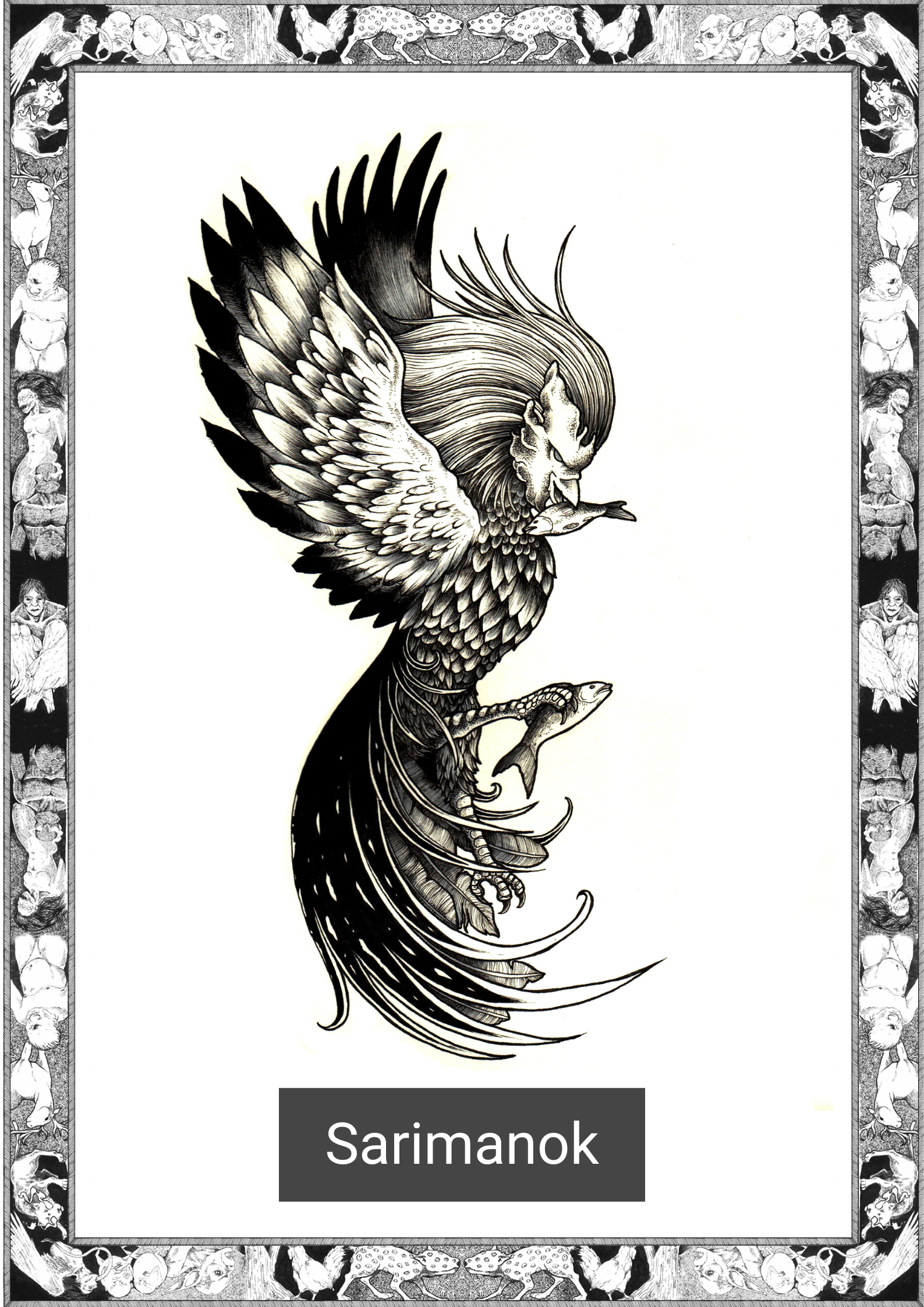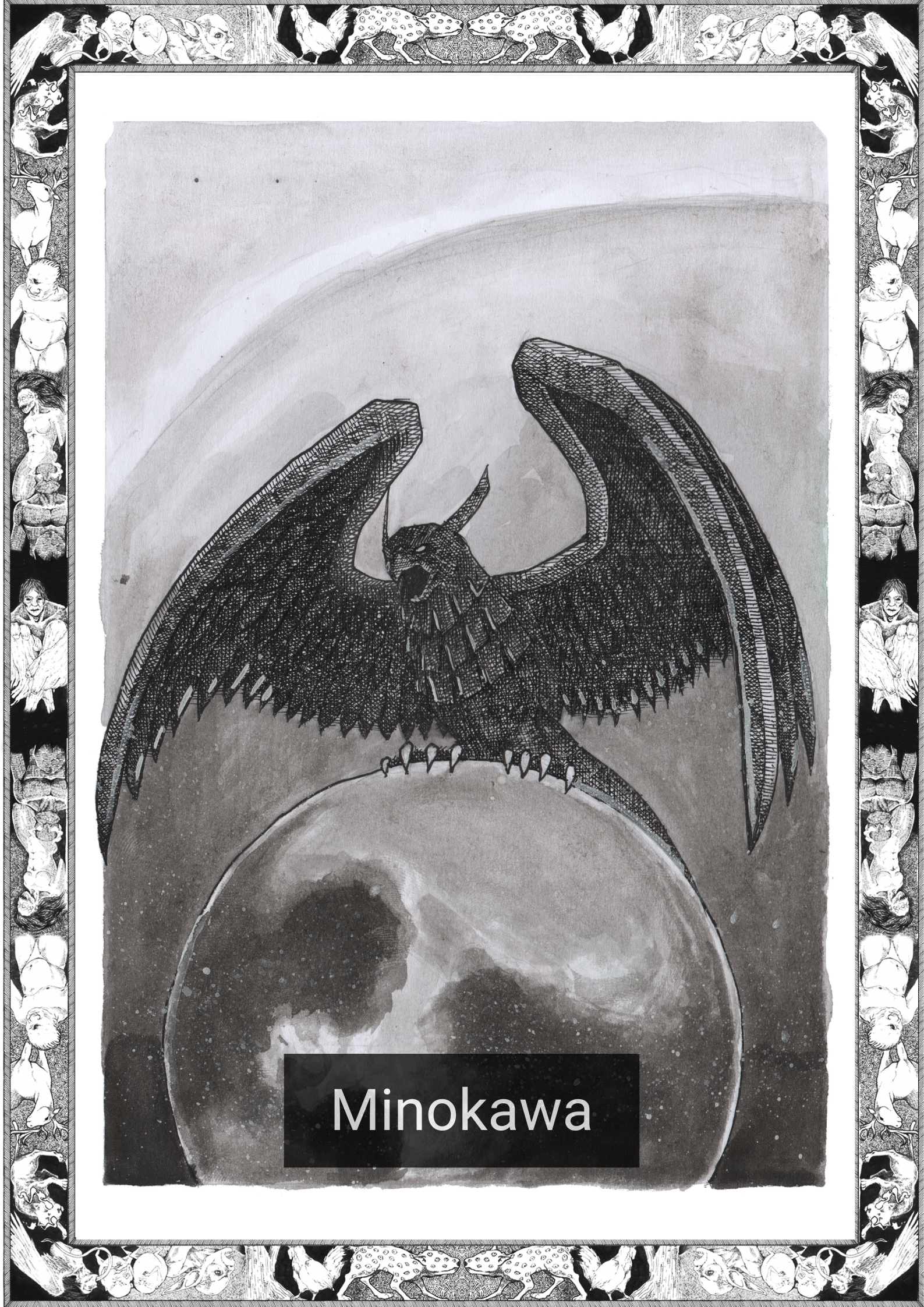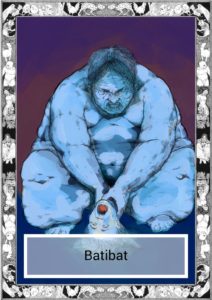 *Note this story is in Cuyonon
*Note this story is in Cuyonon
Sa primiro, ing pilayan tana.
Masyadong malabég ang adlaw. Masyadong marakéng mga naynabo, suroayan, orogiawan, ig sobrang rakéng mga dapat taposon sa opisina. Sobra ra anang kalipay datong makita na anang kama. Anang ololonan agaaimbitar kanana na magpakon sa mga logar na kung sadin ara kakaistorbo kanana, logar nga kung sadin kakatinir tana paz.
Sa ikarwa, kabati tana kanta.
Ing adlékan tana sa daman-daman, piro anang kapilay maman dén anang ing papamatian. Ang bégat ang kalibotan midyo maman ang aga dés kanana pababa, ig midyo aga-ukay anang lébéngan. Iba ang gabing dia, makon tana sa anang ololonan. Kakapanari tana rén da. Mintras loay-loay tana kakakatorog, abéréng tana kung ayamo anang kamalay agapatogtog mabaskég na kanta. Sa anang éna-éna, akikita na anang sadili na magariklamo kinaromanan.
Sa ikatlo, mi mga anino.
Tatlo ka adlaw, piro ara tana para éngéd kakakatorog. Indi tana pa ra éngéd kapakon sa logar na anang ingtitingwa mintras apiréng. Tana ay sa logar na kung sadin indi tana kakalyék. Sa logar tana na ara tana kontrol. Ag séléng tana sa kilid anang kama, sa mantsa ang kapi ig naulog na asukar sa salég, ig ingkon na sa anang sadili, ayos ako lamang. Agpangadi tana na basipa ayos tana lamang manda.
Sa ikaapat, ag kadlaw tana.
Ag ngirit ang malam sa anang binuatan, mi saka kalag tana romang angkénén. Pirmi sanda kakamata, ig ing isip anda na ara rén ang daman-daman. Piro sa oras na agpiréng sanda roman, diyan tana para saradoan ang puertan. Ing batak na anang lawas, ig ing lébasan ang ibang mga kalag na aga paranaw-panaw sa kalibotan ang taginép. Saka daligmata ang ag sugod, halos magbonggoan sanda, ig ing silotan na ang kada mata ang padlék. Masyadong malabég ang gabing dia, maliag tana lamang ag panari.
=—————-=
English Version
The first time, she was tired.
The day had been too long. Too many memories of shouting and fights, too many deadlines she couldn’t ignore. It had been pure joy when she finally saw her bed. The pillows invited her to journey with them to places where her boss couldn’t call her, somewhere she could finally be at peace. The last thing she saw was the light from her phone gently going dark.
The second time, she heard music.
She was afraid of the nightmare, but exhaustion overtook her senses. The weight of the world felt like it was pushing her down and digging a grave for her. Tonight would be different, she told her pillow. She would finally be able to rest. As she drifted off, she wondered why her neighbors were playing such loud music. In her head, she imagined complaining the next day.
The third time, there were shadows.
It was three days and still she did not sleep. She could not bring herself to go to the place she had been when her eyes were closed. It was a place where she couldn’t move her body. It was a place where she had no control. She looked at her bedside, at the coffee stained floor and the crumpled packets of sugar and she told herself she would be okay. She prayed she would be okay.
The fourth time, she laughed.
The old woman smiled at her handiwork, another soul for her to claim. They would always wake up and think that the nightmare has passed, but once they close their eyes, she would be there to block the door. She hauled her corpulent frame, and passed the other spirits roaming through the dream world. A daligmata rushed through, nearly ran into her and she cursed each eye on the beast. This night had gone on for too long, she needed some rest.
=—————————–=
*Cuyonon is a regional Visayan language spoken on the coast of Palawan, and the Cuyo Islands in the Philippines.
Written by Karl Gaverza
Cuyonon Translation provided by Arlan Belen
Copyright © Karl Gaverza
Translation Copyright © Arlan Belen
Story inspired by Batibat entry in Creatures of Philippine Lower Mythology. Ramos. 1971.
Batibat Illustration by Leandro Geniston
FB page: That Guy With A Pen
Watercolor by Alexa Garde
Website: www.Lexa.us
